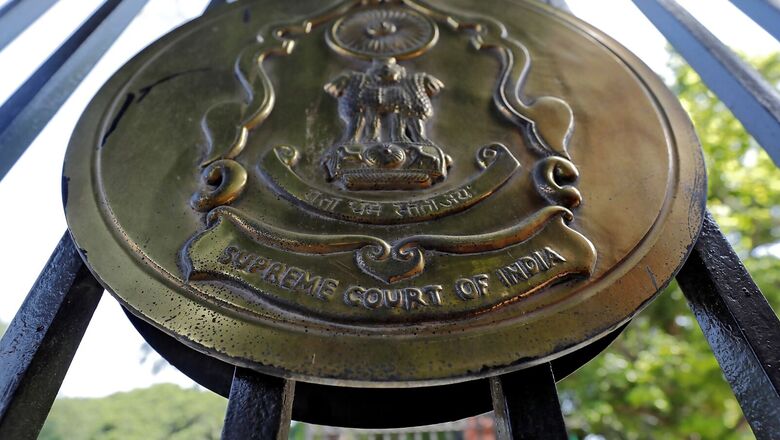
views
Feminists rightly argue that there is nothing personal about the personal laws. Patriarchy considered them ‘personal’ to protect and preserve the subjugation of women at the hands of men. Personal laws govern marriage, divorce, adoption, inheritance, and in some instances, allow practices like female circumcision performed by quacks.
More than 75 years after Independence, women, especially from minority groups, have archaic and medieval practices governing their lives in crucial family matters.
One wonders why we can’t simply strike them off. The story of personal laws in India is one riddled with complex political and legal history. It is tempting to jump to the simplistic demand of a Uniform Civil Code. There are cogent reasons as to why the present government despite its in-principle commitment to Uniform Civil Code has not been able to make substantial moves. The government has not laid down any timeline and has also resisted any judicial intervention for implementation of a common code.
Personal laws are customary practices that prevail in India despite its Constitution and democratic values. Female genital mutilation in the Dawoodi Bohra community, marriage of under-age Muslim girls are some examples that offend constitutional values outright, but yet survive in modern India in the garb of personal laws.
Laws made by Parliament or an ordinance promulgated by the President can be tested and contested in courts, if they arguably violate fundamental rights or basic features of the Constitution. But personal laws cannot be tested against the constitutional values.
Legal historians argue that this somehow gives greater standing and protection to personal laws than laws enacted by the elected legislature. This grand standing or special protection to personal laws is due to a judgment of the Bombay High Court which has not been overruled till date.
The ‘ghost’ of the judgment, called State of Bombay v Narasu Appa Mali, must be exorcised by the constitutional courts. The leap that could not be taken in the historical case of instant triple talaq must be taken. Reform of family law should not be held hostage to the odd turn of legal history.
If a Muslim man can marry more than once and will not be prosecuted, why should a Hindu, Jain or a Sikh man be prosecuted for the same was the key argument against the Bombay Prevention of Hindu Bigamous Marriage Act, 1946 advanced by the petitioners in the case. The case of Narasu Appa Mali, which is now a deterrent to overhaul and reform of personal laws, is, in fact, a story of judiciary protecting legislative reforms.
The Bombay Prevention of Hindu Bigamous Marriage Act of 1946 was one of the earliest laws that prohibited bigamy within the Hindu community. The law made bigamy a serious criminal offence, punishable up to seven years.
Bigamy became an offence across India only in 1955. Various Hindu men were charged and convicted under this law. The question was thrown to the Bombay High Court to decide whether the law was constitutionally valid.
The Bombay High Court laid down that personal laws were not ‘law in force’. Because none of these customs have been codified under a statute or a legislation, they are not ‘laws’. Because they are not laws, they cannot be tested by the courts. The court upheld the bigamy law but also gave a certain level immunity to personal laws.
Herein lies the irony. The customary uncodified personal laws are very much within the meaning of ‘laws’ since they govern the family law sphere, especially for Muslims. But they are not ‘laws’ if they were to be challenged or tested by the courts against fundamental rights. The argument is circular, unviable and has been extensively criticised. If a personal law practice is uncodified, it gets a special kind of protection, more than a statute of Parliament. A customary uncodified practice cannot be struck down merely because it violates the fundamental rights.
Fundamental rights, the heart and soul of the Indian Constitution, and their application have been severely limited by this legal conundrum. While after Independence, there may have been reasons for the judiciary to take a guarded approach, the law cannot afford to turn a blind eye to the evil of personal laws anymore.
For how long will the courts painstakingly hear petitions individually challenging the personal law practices that violate equality and public health? The reform of personal laws cannot be done without exorcising the ghost of Narasu Appa Mali. Personal laws must be tested against fundamental rights. Diversity and minority rights cannot be at the cost of equality.
Read all the Latest India News here


















Comments
0 comment